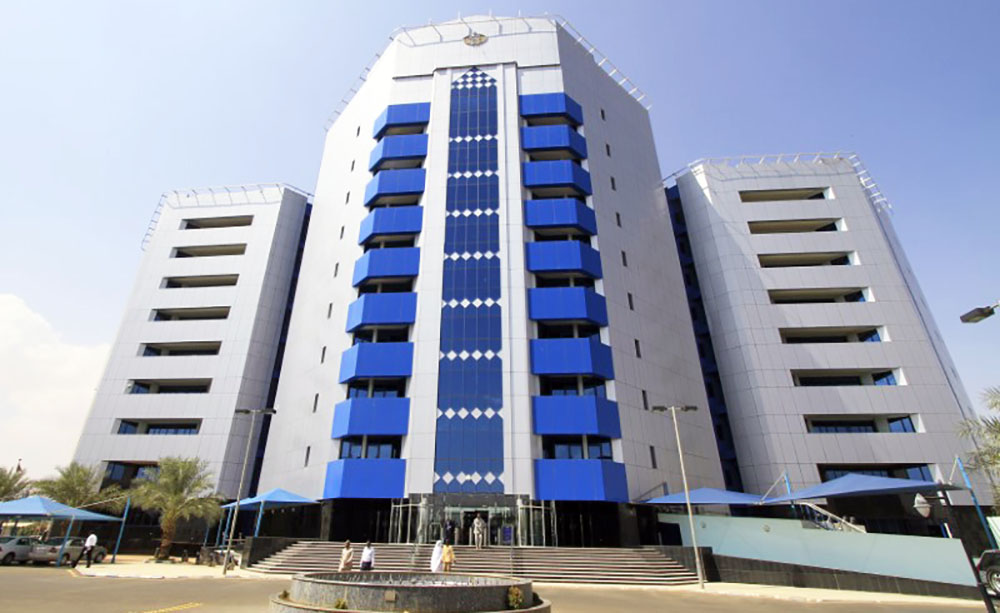
World Bank: Sudan’s Economy Projected to Contract by 12%
Follow-up moatinoon
Conflict Impact on Sudan’s Economy
The ongoing conflict in Sudan has severely impacted the economy. The war between the army and the paramilitary Rapid Support Forces (RSF) has led to an uprooting of more than 5.25 million people, according to U.N figures. This has put a significant financial strain on the country, leading to a surge in prices and rents. The conflict has also brought Sudan’s economy to its knees, blocking much trade and transport, hampering farming, halting many salary payments, and causing vast damage to infrastructure. As a result, the World Bank projects that the economy of Sudan will contract by 12% in 2023, highlighting the urgent need for effective economic reforms and peacebuilding measures.
Recent Economic Developments in Sudan
Recent economic data reveals that Sudan’s Gross Domestic Product (GDP) grew by 0.7% in 2022, a significant improvement from the 1.9% contraction in 2021. This growth was primarily propelled by advancements in agriculture and mining, as well as increased private consumption. The central bank’s adoption of reserve money targeting led to a reduction in money supply growth, easing inflation rates significantly from 359.1% in 2021 to 139% in 2022. This was largely due to unifying the exchange rate and reducing the monetization of the fiscal deficit.
Despite these strides, Sudan’s economy is still under strain. The country’s external debt stood at 56 billion (163% of GDP) in 2020. Although this was projected to fall by 50% by 2022 following Sudan’s decision point under the Heavily Indebted Poor Countries Initiative (HIPC), progress has stalled due to the military takeover in October 2021. The poverty rate has also risen from 64.6% in 2021 to 66.1% in 2022, with unemployment remaining high at 20.6%.
Projected Economic Outlook and Risks
The World Bank predicts that Sudan’s GDP will grow by 2.0% in 2023 and 3.8% in 2024, assuming reduced political instability following the Framework Agreement signed between the military and civilians. However, challenges persist. Political instability, tighter global financial markets, and the impacts of Russia’s invasion of Ukraine all pose substantial risks to the economy. Despite these challenges, ongoing efforts to implement the Framework Agreement are expected to restore political stability and accelerate the rollout of structural reforms, which could help stabilize the economy.
Climate Change Issues and Policy Options
Sudan also faces significant climate-related challenges, including land degradation, temperature increases, frequent droughts, floods, erratic rainfall, and locust invasions. These issues have reduced agricultural output, slowed GDP growth, and destroyed livelihoods. The World Bank estimates that Sudan would need an average of 2.39 billion per year in climate finance during 2020-2030 to build climate resilience, a target unlikely to be met through public sources alone.

